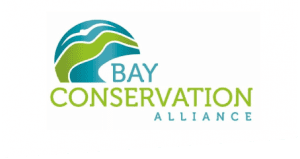Project Wētā
(Waihī Beach Environment Transformative Action)
‘Restoration and revival of the mauri of the land’
Project Wētā (Waihī Beach Environment Transformative Action) provides an umbrella for all community-based conservation groups, some of which have been involved in environmental restoration since 1998.
Waihī Beach Environment Society Inc
The volunteers undertake a range of environmental initiatives, including extensive dune restoration, mahi with Coast Care, target pest control, selective weeding in the bush, planting and predator trapping; this list is not exhaustive.
Dot Watch Waihī Beach and surrounds
The Dot Watch initiative seeks to raise awareness and advocacy in the community about the plight of the tūturiwhatu and encourages individuals to respect the bird’s nesting activities, whether it is on the beach, on a subdivision, on reserve land or in neighboring fields.
Predator Free Waihī Beach | He oranga taiao, he orange tāngata
This initiative aims foster a collaborative approach to predator control and restoration activities at Waihī Beach and surrounding areas Athenree and Bowentown. While predator control activities are the primary focus of the group’s predator free strategy, there are strong synergies with environmental restoration and species conservation projects that benefit the overall goal when incorporated.
The group works with the local Kura to implement trapping activities including possum, rat, and mustelid, and encourage the tamariki and their whānau to take up traplines. They also actively work with the community and local community groups to roll out significant pieces of Kaupapa and promote advocacy and education regarding results evidenced through monitoring – in particular native birds.
www.sustainablewaihibeach.co.nz/predator-free-waihi-beach/
Waihī Beach Pest Trap Library
Through the development of the predator free strategy it became clear that residents would need to be supported in a variety of ways to participate in trapping predators in their backyards to protect biodiversity. Providing traps free to residents through a community ‘trap library’ has proved highly successful in other areas, therefore we have replicated this at Waihī Beach in conjunction with Whakamaramara and Tauranga Pest Tarp Libraries.
The trap library is situated at Waihī beach Menzshed and traps are available to Waihī residents for a three month loan period, to be returned clean and in working condition.
Stakeholders
The Project Wētā care group partners with stakeholders such as the Department of Conservation, Western Bay of Plenty District Council, Bay of Plenty Regional Council, Bay Conservation Alliance, Project Parore, Western Bay Wildlife Trust, NZPI, and Coast Care etc.
OBJECTIVES
Volunteer activities include dune planting, pest weeding, pest target predator trapping, trap line maintenance, administration of trap lines, and administration of the Waihi Beach pest trap library. Volunteers also spend time working with the local Kura to engage in predator trapping exercises to remove predators from areas where our taonga such as kororā and tūturiwhatu are nesting. The volunteers also provide valuable education on native flora and fauna and conservation efforts within the area.



